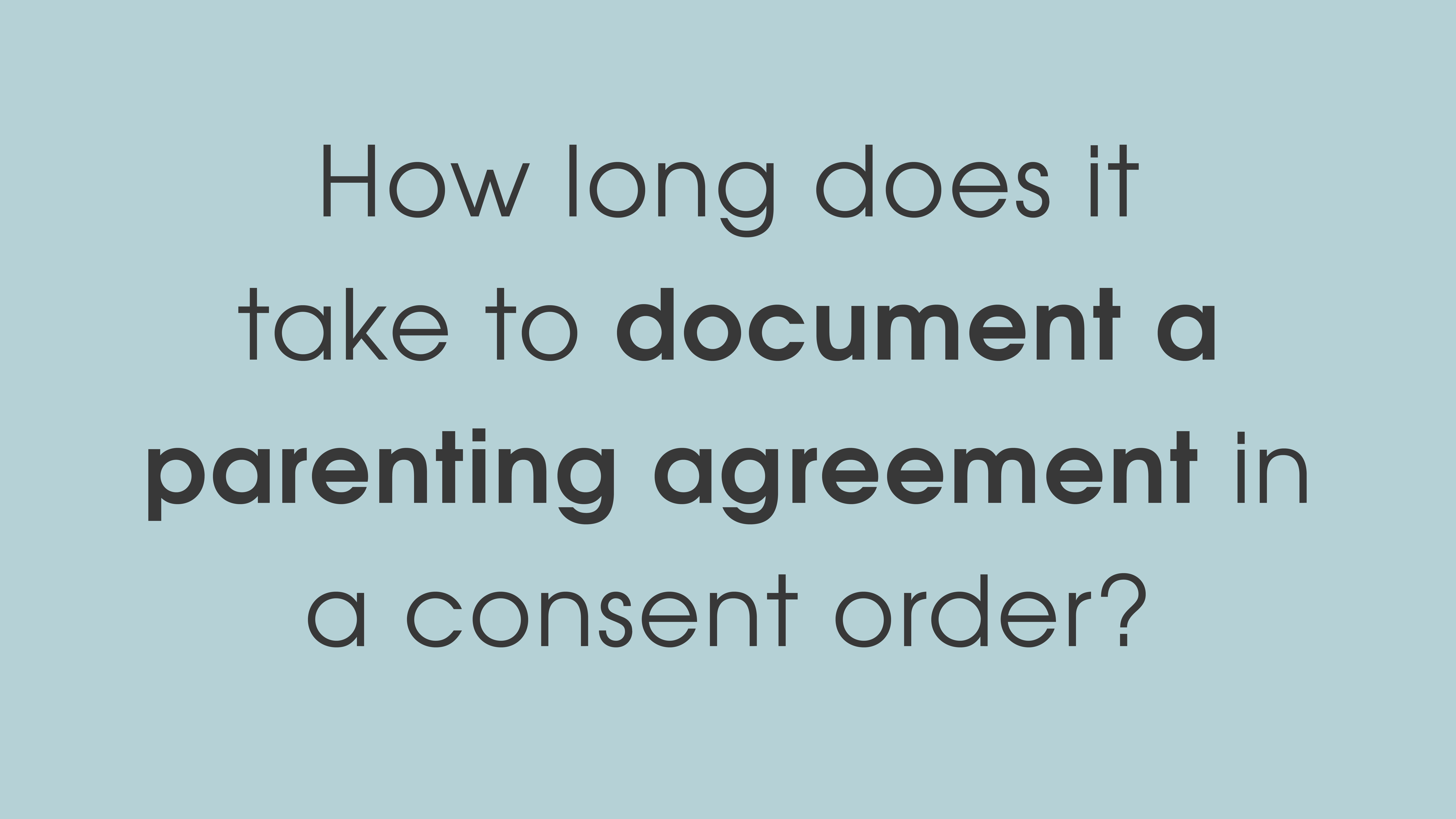Navigating the Storm: Managing Your Mental Health During Divorce & Separation

Divorce and separation can be emotionally turbulent experiences, often triggering a range of emotions from sadness and anger to anxiety and depression. Yet, there is often a stigma attached to seeking help for mental health during these challenging times. In this article, we’ll explore the importance of managing your mental health during divorce and separation, discuss the benefits of seeking help, and provide guidance on how to access the support you need.
Managing the Stigma: Insights into the Issue
One significant obstacle individuals face when dealing with mental health during divorce and separation is the stigma associated with seeking help. This stigma can stem from various sources, including societal expectations, cultural norms, or personal beliefs.
It is essential to challenge and manage this stigma.
Divorce and separation are among the most emotionally taxing life events, and it’s entirely normal to feel overwhelmed. Suppressing these feelings due to stigma can exacerbate emotional distress.
The emotional turmoil of divorce can have tangible physical consequences, including sleep disturbances, weight fluctuations, and weakened immune function.
For parents, managing mental health is vital for providing stability and emotional support to their children during this difficult time.
Benefits of Seeking Help
There are several benefits of seeking help in managing your mental health. Professional therapists or counsellors can provide a safe space to express your feelings, fears, and frustrations. They can offer guidance and coping strategies to navigate the emotional storm.
Speaking to a mental health professional can validate your experiences and emotions, helping you realise that your reactions are normal and understandable. Therapists can also equip you with practical tools and coping mechanisms to manage stress, anxiety, and depression effectively.
Therapy can help improve your communication skills, particularly if you’re co-parenting with your ex-partner. Effective communication is vital for reducing conflict and ensuring the well-being of your children.
Importantly, mental health professionals can provide a fresh perspective on your situation, helping you see opportunities for growth and self-discovery during this challenging time.

How You Can Seek Help
So, how can you seek assistance with your mental health during divorce?
1. Therapy or Counselling: Reach out to a therapist or counsellor experienced in divorce and separation issues. Individual therapy can provide a safe space to process your emotions, while couples counselling can aid in navigating co-parenting and communication.
2. Support Groups: Join a divorce support group, either in person or online. Sharing your experiences with others going through similar challenges can be incredibly validating and comforting.
3. Self-Help Resources: Consider self-help resources such as books, podcasts, or online courses focusing on mental health during divorce. These resources can provide guidance and insights on managing your emotions.
4. Talk to Friends and Family: Don’t underestimate the power of confiding in trusted friends and family members. Sharing your feelings with loved ones can provide much-needed emotional support.
5. Online Counselling Platforms: Explore online counselling platforms that offer convenience and accessibility. Many therapists now provide virtual counselling sessions, which can be particularly helpful if you have a busy schedule or prefer a more private approach.
Managing your mental health during divorce and separation is not a sign of weakness but a testament to your strength and resilience. Challenging the stigma of seeking help is essential to your emotional well-being and overall health. Remember that you don’t have to navigate this challenging journey alone. Seeking support from professionals, support groups, and loved ones can provide valuable insights, validation, and practical tools to help you emerge from the emotional storm stronger and more empowered to face the future. Your mental health is a priority, and taking steps to protect it is a commendable act of self-care.





